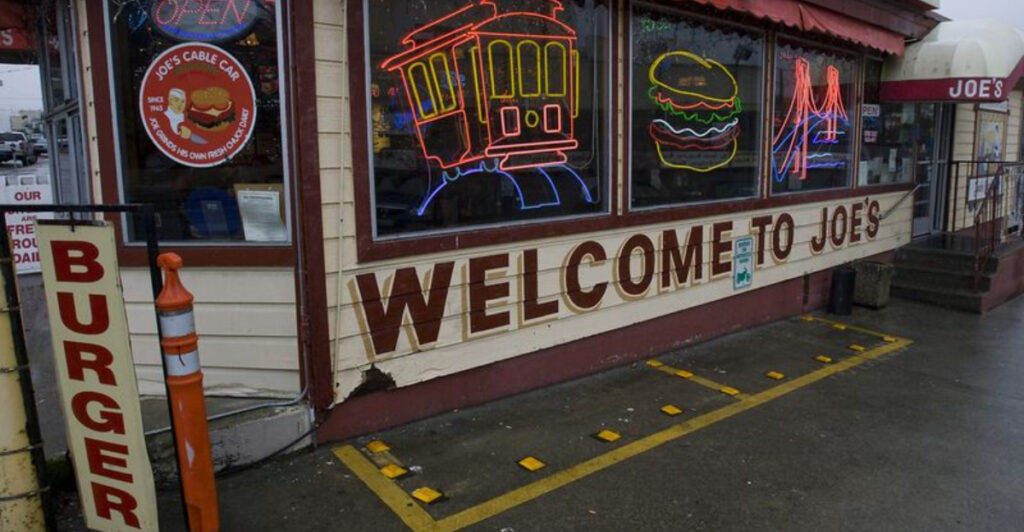Guy Fieri’s popular show ‘Diners, Drive-Ins and Dives’ has featured thousands of restaurants across America, celebrating local flavors and family-owned businesses.
While many establishments thrive after appearing on the show, some beloved spots have sadly closed their doors for various reasons.
Economic challenges, rising rents, and changing neighborhoods have forced several fan-favorite restaurants to shut down, leaving behind memories of great food and community gathering places.
1. Byways Cafe – Portland, Oregon
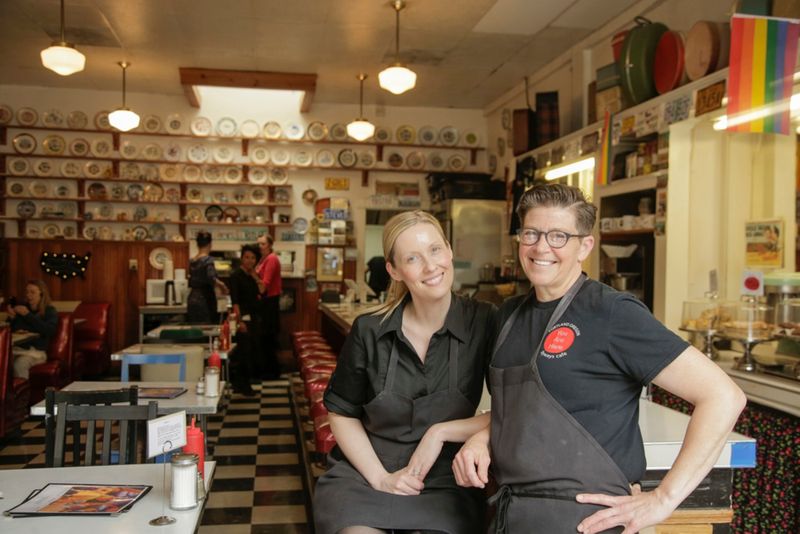
Pearl District locals mourned deeply when this breakfast haven closed in late 2019. Byways Cafe served enormous portions of comfort food that kept customers coming back for years.
Famous for their towering pancakes and hearty omelets, the restaurant struggled with rising commercial rents in the trendy neighborhood. Staff members became like family to regular customers who visited weekly for weekend brunch gatherings and weekday coffee meetings.
2. Arleta Library Bakery & Cafe – Portland, Oregon
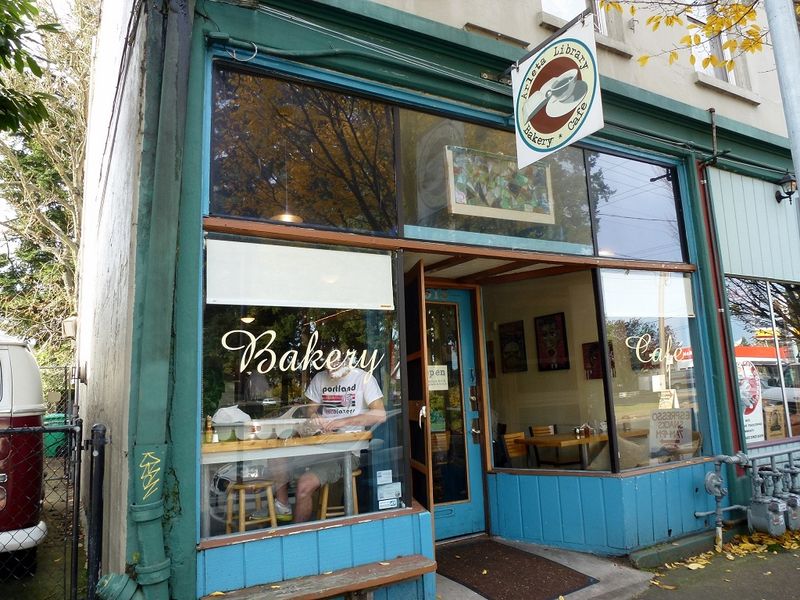
Book lovers and pastry enthusiasts found paradise at this unique combination bakery and library-themed cafe. The March 2020 closure coincided with pandemic challenges that many small businesses couldn’t overcome.
Customers enjoyed reading while sipping coffee surrounded by actual books for sale. The bakery specialized in fresh croissants and artisan breads that filled the space with incredible aromas every morning, creating an unforgettable sensory experience.
3. Blueplate Lunch Counter & Soda Fountain – Portland, Oregon
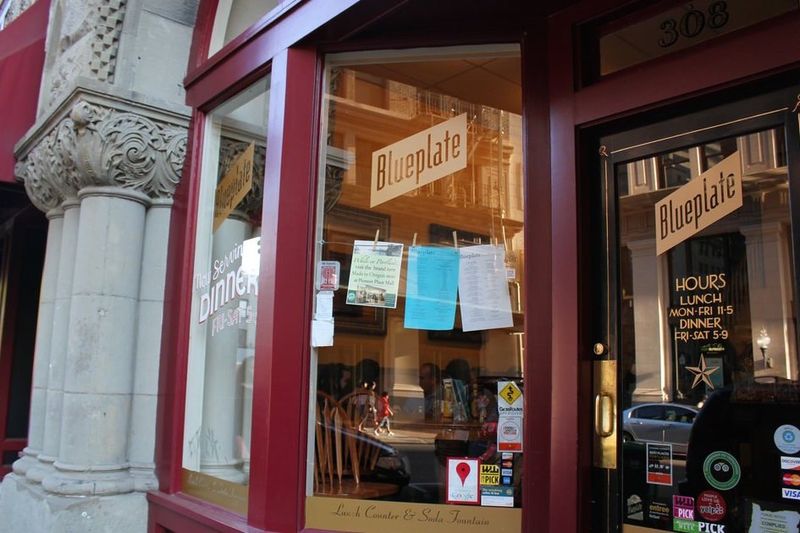
Stepping inside felt like traveling back to the 1950s, complete with red vinyl stools and classic milkshakes. This nostalgic gem closed in 2016 after serving comfort food for over a decade.
The lunch counter specialized in old-fashioned hamburgers and hand-dipped ice cream sodas. Families brought children to experience authentic soda fountain culture, while older customers reminisced about similar places from their youth, creating wonderful intergenerational connections.
4. The Original Dinerant – Portland, Oregon
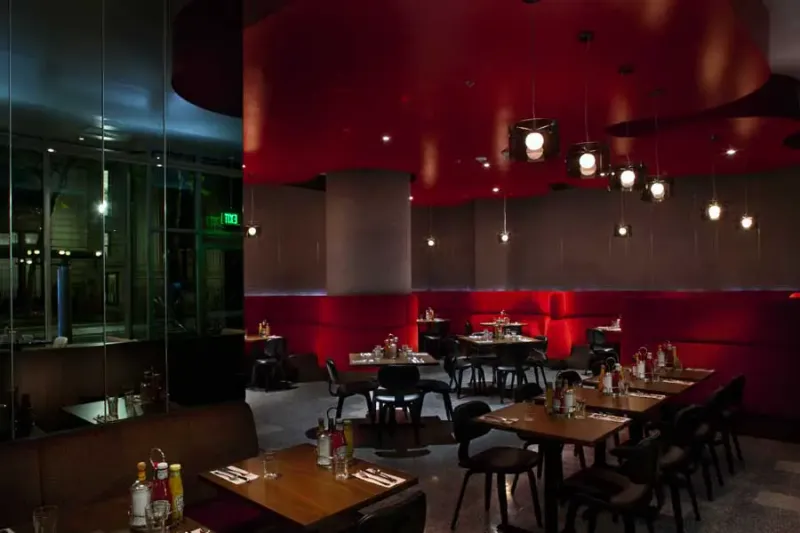
Portland lost another breakfast institution when this quirky spot shut down permanently. The restaurant earned fame for creative pancake combinations that pushed traditional breakfast boundaries in delightful ways.
Menu items featured unusual ingredients like lavender and cardamom that surprised first-time visitors. Regular customers appreciated the experimental approach to classic dishes, while the friendly staff remembered everyone’s favorite orders and dietary preferences, making each visit feel personal and welcoming.
5. Joe’s Cable Car Restaurant – San Francisco, California
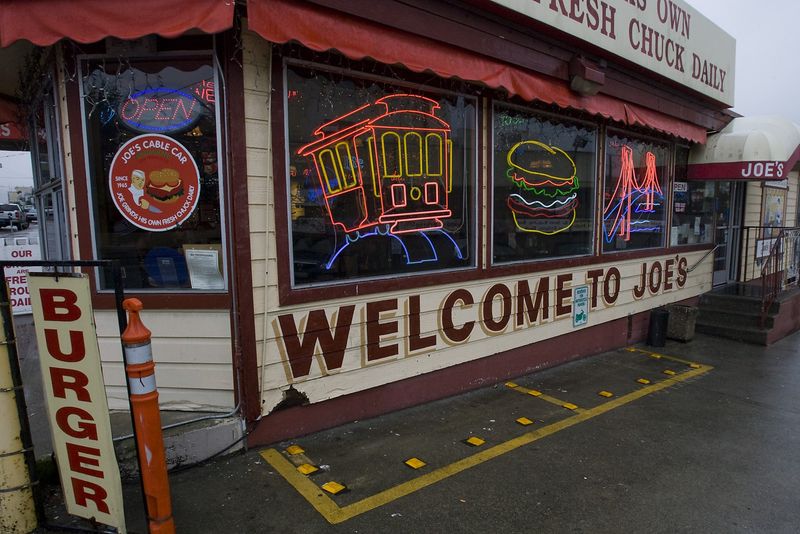
High above San Francisco’s streets, this restaurant offered stunning city views alongside hearty American fare. The 2014 closure ended decades of serving both tourists and locals in a truly unique setting.
Cable car memorabilia decorated every wall while windows showcased breathtaking panoramic vistas. Visitors often came for the scenery but returned for generous portions of comfort food. The combination of great food and spectacular views made special occasions even more memorable for countless families.
6. Zazu Kitchen + Farm – Sebastopol, California
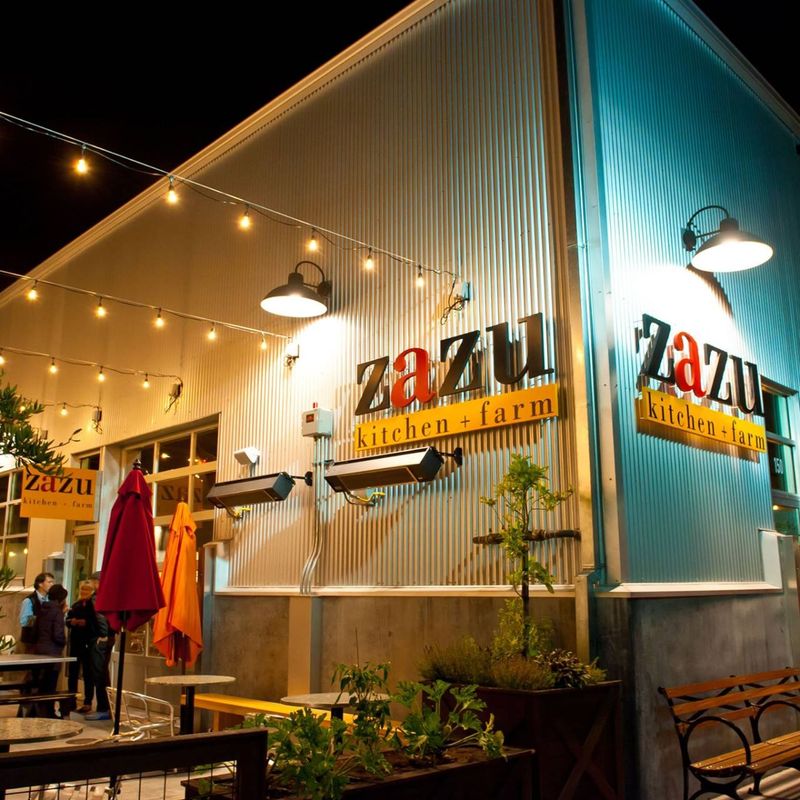
Farm-to-table dining reached new heights at this Sonoma County treasure before closing in early 2019. Chef-owners grew their own ingredients on the attached farm property.
Seasonal menus changed constantly based on what vegetables and herbs were ready for harvest. Customers could actually see where their food originated by walking around the property before dinner. The restaurant pioneered sustainable dining practices that many other establishments later adopted throughout the region.
7. Dignowity Meats – San Antonio, Texas
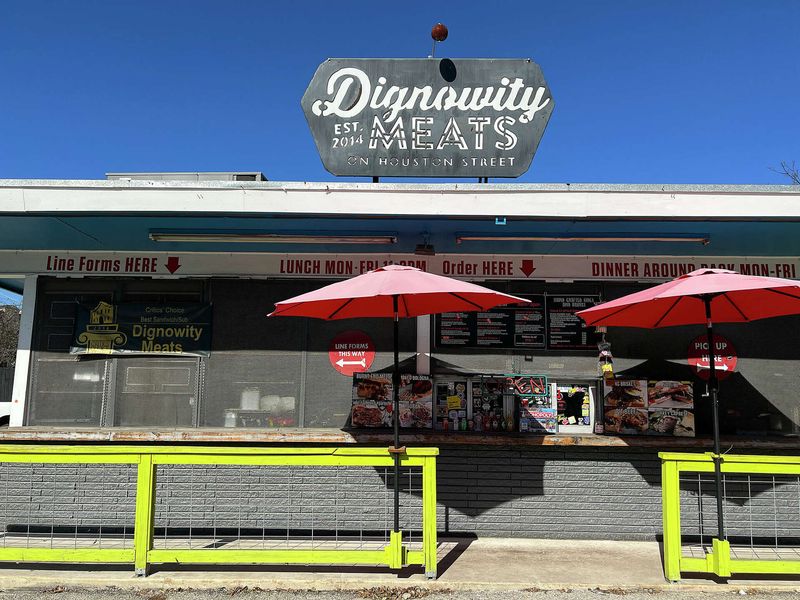
December 2024 marked the end for this beloved barbecue joint that specialized in house-smoked meats and traditional Texas sides. The restaurant built a loyal following in San Antonio’s historic Dignowity Hill neighborhood.
Pitmasters worked around the clock to maintain perfect smoking temperatures for brisket and ribs. Local families gathered for weekend barbecue feasts while out-of-town visitors discovered authentic Texas barbecue culture. The closure left a significant gap in the community’s dining landscape.
8. The Cozy Inn – Salina, Kansas
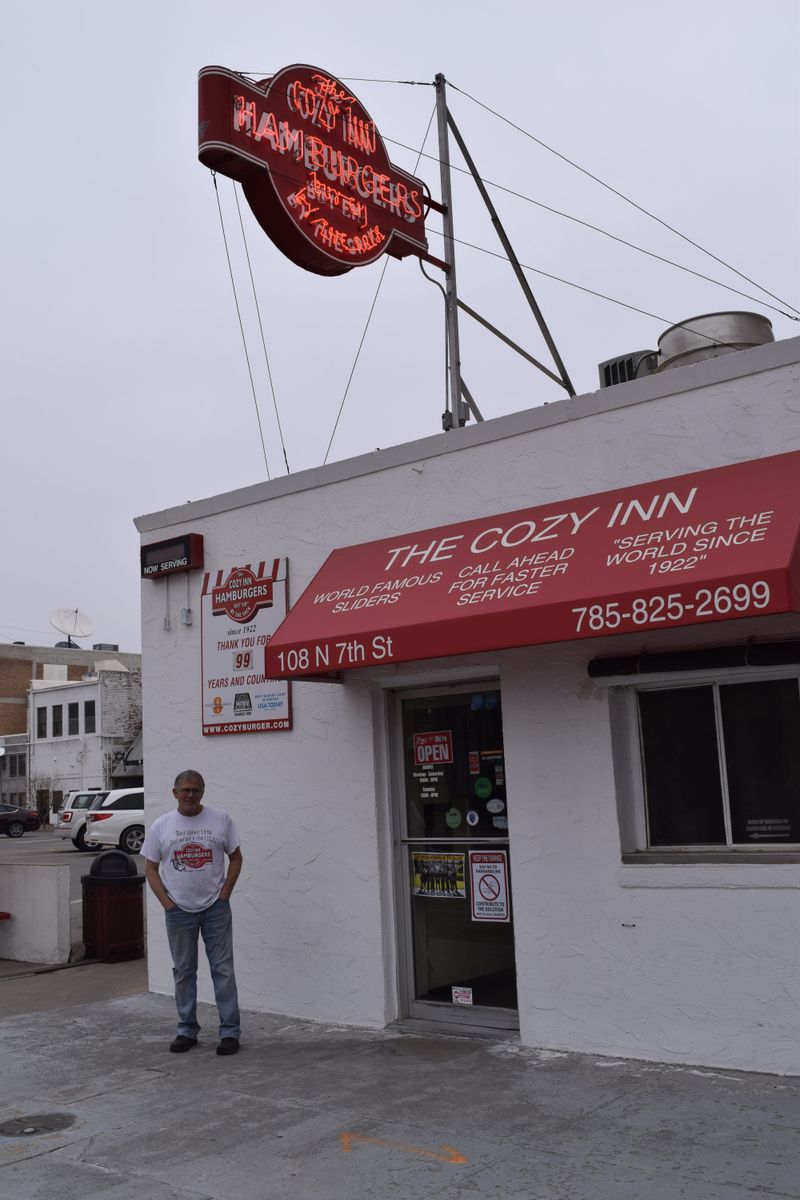
Since 1922, this tiny burger joint served sliders to generations of Kansas families before closing in 2013. The building could barely fit a dozen customers at once, creating an intimate dining experience.
Steam-grilled onion burgers became legendary throughout the Midwest region. Travelers often made special detours just to taste these miniature masterpieces that packed enormous flavor into small packages. The restaurant’s closure marked the end of nearly a century of family recipes and community tradition.
9. The White Manna – Hackensack, New Jersey
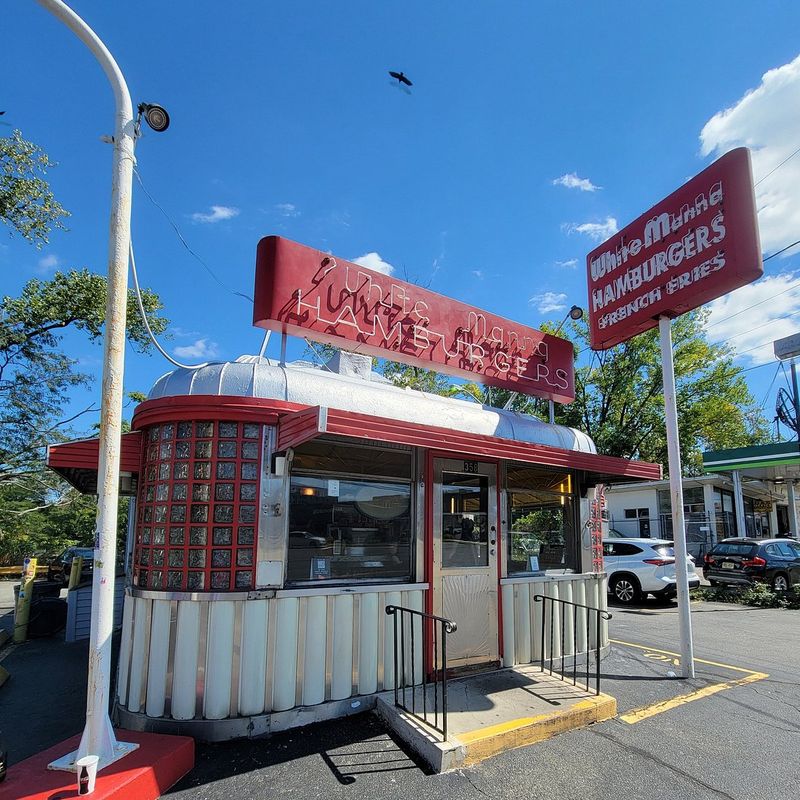
Art Deco architecture housed this historic slider palace until 2012, when rising costs forced permanent closure. The distinctive white building stood as a landmark for decades in northern New Jersey.
Thin beef patties cooked on a flattop grill created the perfect slider experience that customers craved. Late-night diners and early morning commuters alike depended on quick, satisfying meals. The restaurant’s unique architectural style and consistent quality made it an irreplaceable part of the local community fabric.
10. The Penguin Drive-In – Charlotte, North Carolina
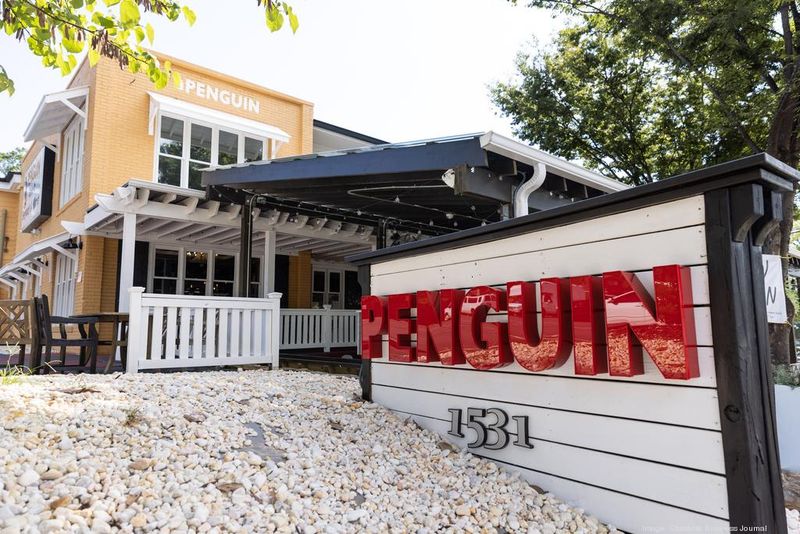
Classic car culture thrived at this retro drive-in until 2010, when development pressures ended its decades-long run. Carhops delivered food directly to customers sitting in their vehicles.
Milkshakes and hamburgers represented the golden age of American dining when families made weekend trips special occasions. The restaurant preserved authentic drive-in traditions that younger generations rarely experienced elsewhere. Its closure symbolized the ongoing loss of mid-century American dining culture throughout the Southeast region.
11. Two Colorado Mountain Eateries – Colorado

High altitude dining became more challenging when these two unnamed Colorado restaurants closed by 2023. Mountain communities lost important gathering places where locals and tourists shared meals together.
Seasonal weather patterns made year-round operation difficult in remote locations. Both establishments served hearty comfort food that satisfied hungry skiers and hikers. The closures left fewer dining options in areas where restaurants already struggled with short tourist seasons and limited local populations during off-peak months.
12. Zayde’s Market – Natick, Massachusetts
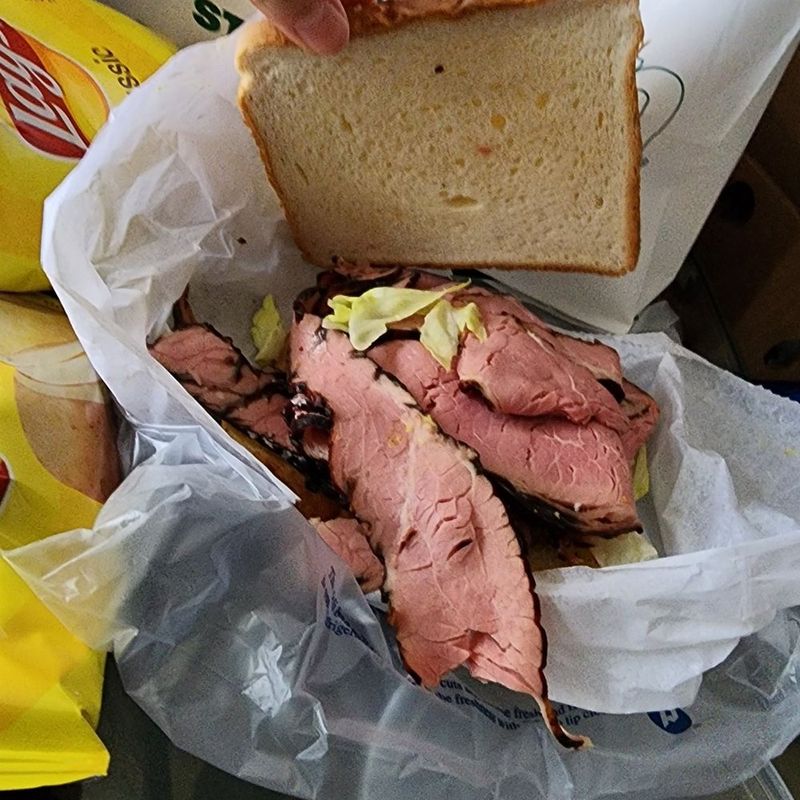
Jewish deli traditions lived on at this beloved market until 2022, when the family decided to retire after decades of service. Customers traveled from across New England for authentic pastrami and corned beef.
House-made pickles and traditional Jewish specialties created a genuine deli experience. The market also sold imported ingredients that home cooks couldn’t find elsewhere in the region. Closing day brought emotional farewells from customers who considered the family like their own relatives.
13. Tails & Trotters – Portland, Oregon
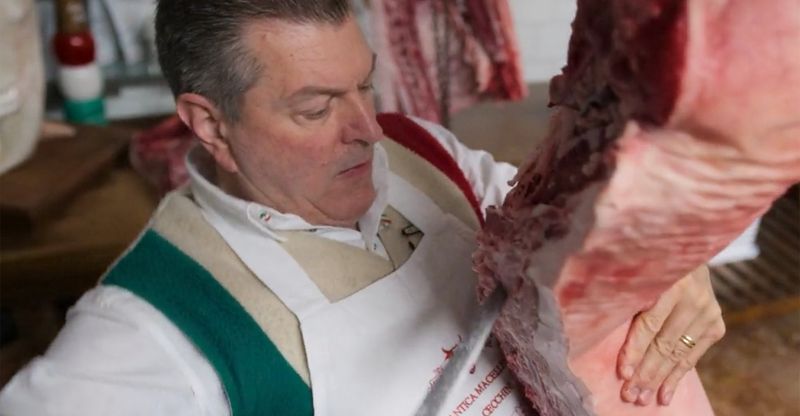
Nose-to-tail cooking reached artistic levels at this specialty restaurant before its implied closure. Chef-owners utilized every part of the animal to minimize waste and maximize flavor in creative preparations.
Adventurous diners discovered new tastes while supporting sustainable meat practices. The restaurant educated customers about responsible sourcing and traditional butchery techniques. Menu items challenged conventional ideas about which parts of animals could become delicious meals, changing many people’s perspectives on food waste and culinary possibilities.
14. The Red Door – Seattle, Washington
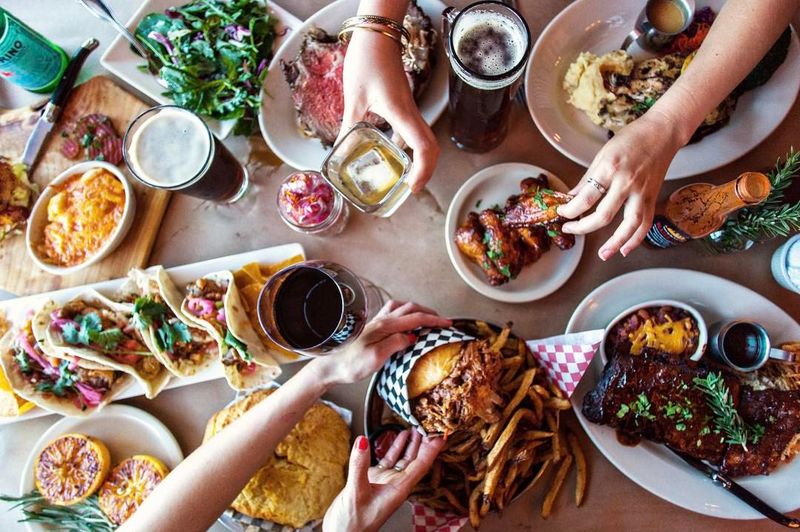
Pacific Northwest comfort food found its perfect expression at this neighborhood favorite until 2020 brought unexpected challenges. The restaurant specialized in locally-sourced ingredients prepared with international influences.
Cozy atmosphere attracted both date nights and family gatherings throughout the week. Seasonal menus reflected the region’s abundant seafood and produce options. The red door itself became a recognizable symbol in the neighborhood, making the closure feel like losing a longtime friend who always welcomed everyone warmly.
15. Pizzeria Credo – Seattle, Washington
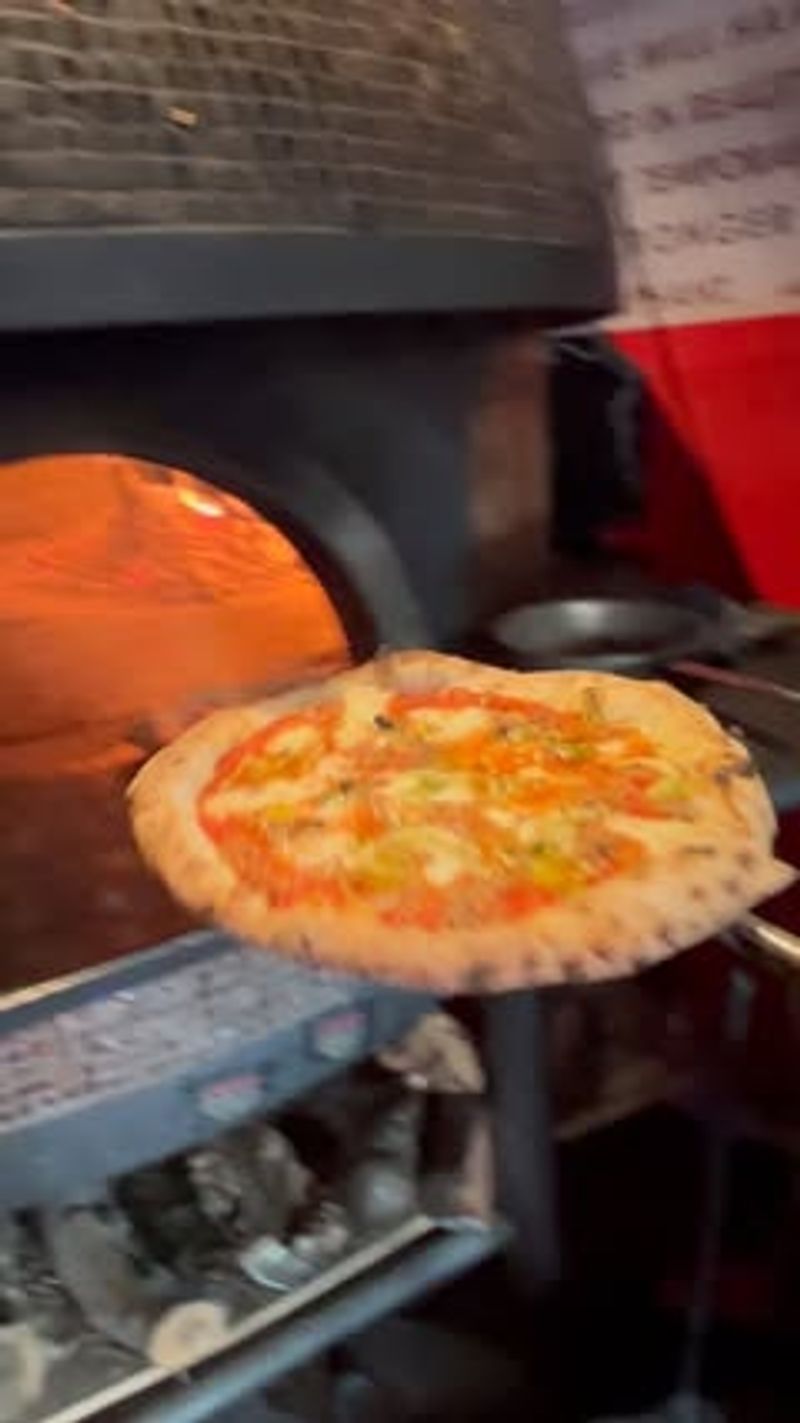
Artisan pizza reached new heights at this Seattle establishment before closing in 2023. Wood-fired ovens created perfectly charred crusts that pizza enthusiasts traveled across the city to experience.
Local ingredients topped hand-stretched dough that fermented for optimal flavor development. The restaurant’s commitment to traditional Italian techniques impressed both casual diners and serious food critics. Long lines often formed during peak hours as word spread about the exceptional quality and authentic preparation methods used for every single pizza.

